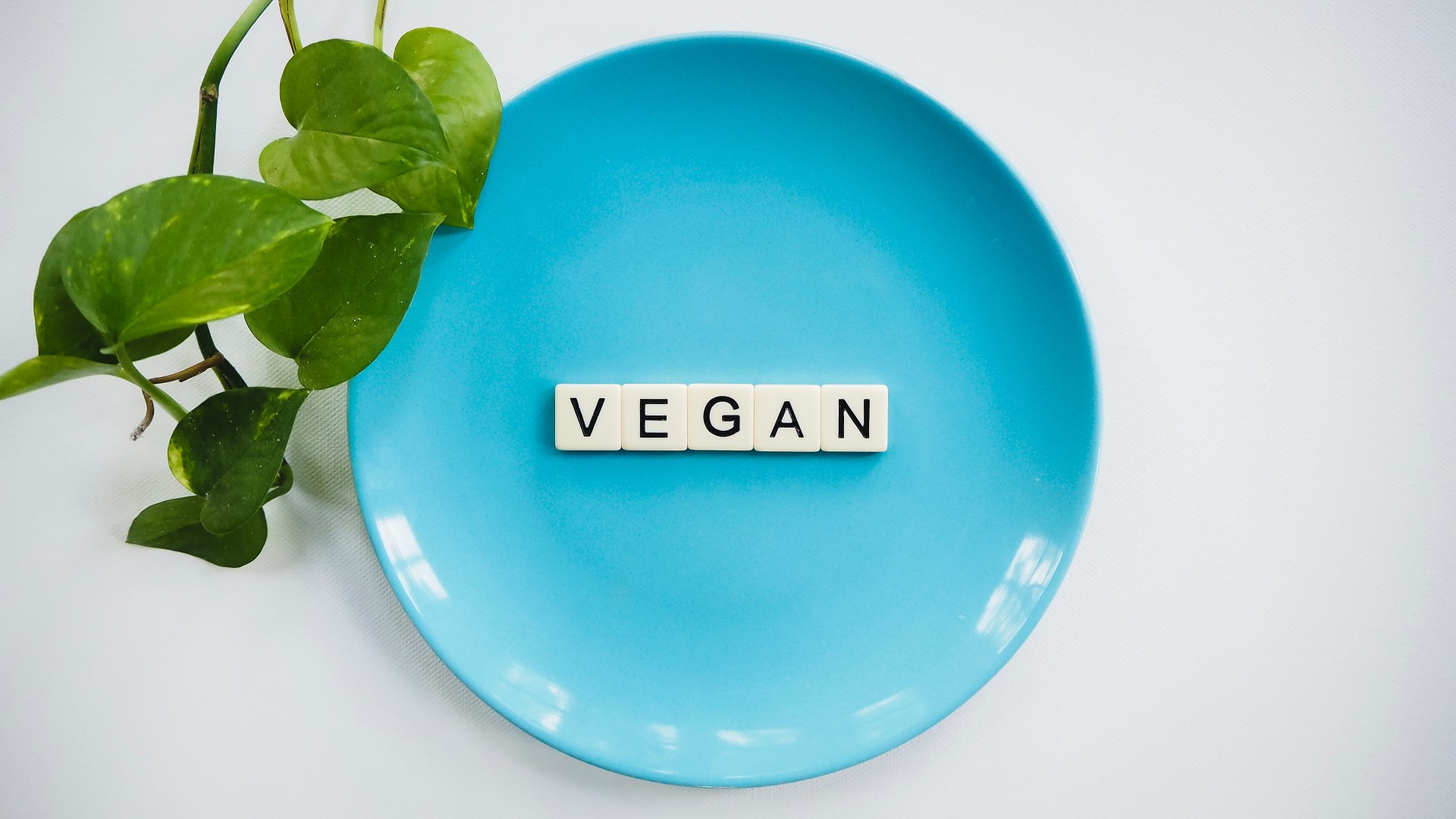
If you want to build muscle tissue, you need protein. A vegan diet limits complete protein choices. While it’s harder to build muscle mass, it’s only because you have to be more careful in your menu selections. You have to ensure you have all the essential amino acids necessary to create muscle. There are 21 amino acids, but only nine the body can’t make. These are called essential amino acids. When you eat animal protein, you get all nine essential amino acids. Vegan protein options aren’t as easy to choose. Many of the protein options are incomplete, so they don’t contain all nine essential amino acids.
First make sure your diet contains enough calories.
If you are trying to lose weight and build muscle, don’t cut too many calories or you won’t have enough to build muscle. You may need to increase your caloric intake by 350 to 400 calories. If you’re trying to lose weight, don’t drastically cut your calorie count. Identify the calories required for your weight and cut that number by approximately 500 calories. You’ll have enough calories to build muscle tissue but a deficit to help you shed those extra pounds.
Determine the amount of protein you need.
Building muscle tissue requires approximately 1.4 to 2 grams of protein per pound of body weight. The key is to get complete protein. You’ll do that by increasing the variety of protein options you choose and combining them to get a complete protein. Rice is not a complete protein. Neither are red beans. Combining red beans with rice creates a complete protein.
Make sure you get adequate vitamin B12.
One of the vitamins that are plentiful in animal products but limited in a plant-based diet is vitamin B12. You can handle that challenge by increasing the vegan food that contains vitamin B12 or taking supplements. Vegan fortified sources of B12 include non-dairy milk, meat substitutes, nutritional yeast, breakfast cereals, and vegan spreads. Many also contain folic acid—vitamin B-9—which is difficult to get in a vegan diet.
- Ezekiel bread has many virtues. One of those is it’s vegan. Another is that it’s high in protein. It has about five grams per slice of bread, far more than whole wheat bread with 3.6 grams per slice.
- Good protein sources for a vegan diet include soy products like tempeh, tofu, edamame, beans and legumes, nutritional yeast, pumpkin seeds, and green peas. Many vegan protein powders contain pumpkin seeds or pea protein.
- If you’re using protein shakes or protein bars to supplement your diet, research to ensure you’ve chosen one that’s not just a candy bar with a healthy-looking wrapper. No matter what type of food you select, don’t choose it only because it says vegan on the label or has the VE sign.
- Most of all, exercise regularly. Lift heavy weights and do compound exercises that work all your muscles simultaneously. Do HIIT workouts if you’re trying to lose weight and want to get fit faster.
For more information, contact us today at Hawaii Fit Camp!
